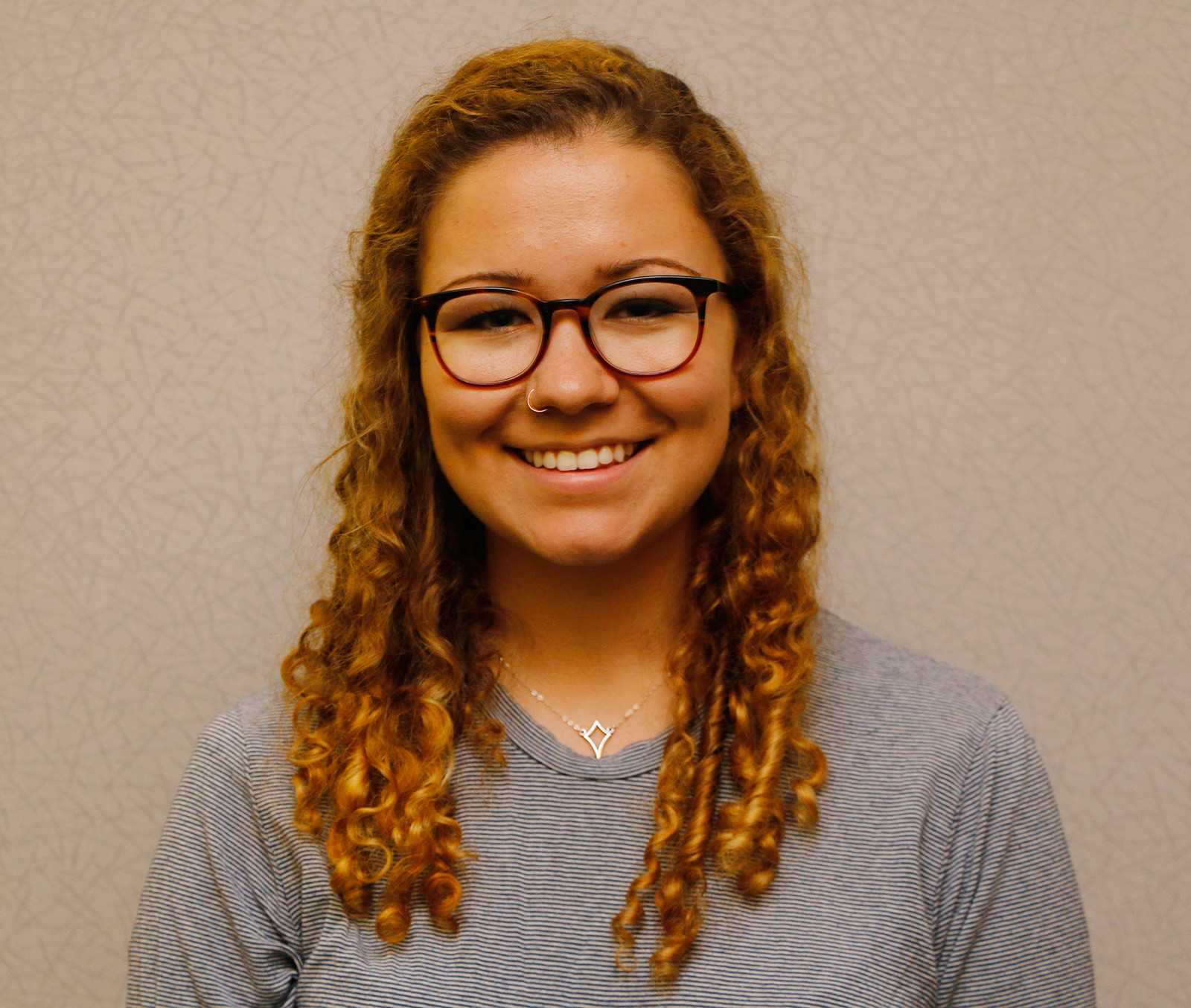When I sat down to write this, my last column of the semester, I struggled for the right words. I imagined all the really distressing things I could throw at you. The United States is privileged enough to be a country that could halt mass shootings, but it doesn’t. There was destructive flooding in one of the largest cities in India — likely caused by climate change— and no one is paying much attention. Everything is terrible. The world is burning in just about every corner.
But what I really want to talk about is the corner that isn’t.
In the northern part of war-torn Syria, there is a slice of land about the size of Connecticut called Rojava. When I say it’s not burning, I do not really mean that literally. It’s in the backyard of the Islamic State, surrounded by danger, and the future is uncertain. But this place is incredible. Recently, journalist Wes Enzina traveled to Rojava to teach, seeming a little skeptical about the “fantastical” situation over there, but he soon discovered the reports are mostly true.
Rojava is a radical democratic experiment. The government’s constitution is based in the principles of gender equality, religious tolerance and direct democracy. The Asayis, or police force, has 6,000 members, all of whom were elected. Women are the only ones who deal with cases of sexual assault and all police receive their weapons “only after two weeks of feminist instruction.” Each government position requires a male and female with equal power. They have two military forces: the YPG (People’s Protection Units) for men and the YPJ (Female Protection Units) for women.
This unlikely situation was borne out of an even unlikelier transformation of ideas from Abdullah Ocalan, a Marxist-Leninist radical who was one of the founders of the PKK, or Kurdistan Workers’ Party, considered by the United States, European Union and NATO to be a terrorist organization. Ocalan was sent to prison, where he read the works of a relatively unknown American philosopher named Murray Bookchin. That’s when he felt a paradigm shift, renouncing the PKK’s goals and presenting a new theory called “social ecology,” determining that the world’s ecological problems were based in social problems like racism and sexism. However, those early connections to the PKK have limited Rojava’s access to international aid. And yet, Rojava is rare harmony in the middle of a hellish war with no end in sight.
Radical, incredible experiment that it is, Rojava receives little attention here in the United States. Enzina’s piece in The New York Times is one of only a few comprehensive articles I could find— one said that journalists who travel there are more interested in the front lines and the “photogenic young women” in the YPJ. In 2013, David Graeber, a prominent figure in the Occupy Wall Street movement, wrote an op-ed in The Guardian asking why the world is “ignoring” Rojava. It’s a question that remains unanswered.
With all the recent panicky talk in the United States about the nature of Islam, it should be noted that while Rojava’s ideals are based in secular ideology, the majority of the 4.6 million people who live there are Muslim. While the United States allowed women into all combat roles in the military just a few days ago, in Rojava, a man named Sami Saeed Mirza tells the story of how the all-women YPJ broke through ISIS’ lines over a year ago and saved him and his family members’ lives. When people make generalized, holier-than-thou statements about the Middle East’s poor treatment of women, it’s worth pointing out that Rojava’s female representation in government is 40 percent, while the current U.S. Congress, the most diverse in our history, sits at 20 percent.
Rojava came into being as a result of the displacement of people from their homes and a brutal war — circumstances that are fundamentally tragic. And yet, when reading about Rojava, one cannot help but feel hopeful. A democracy where all voices are heard, all people are represented equally and all religions can live harmoniously — well, sounds like a familiar idea, doesn’t it?
This semester, I hoped you would indulge me as I did my best to write several times on issues that weren’t, in my opinion, getting as much attention as they should. This is my last column of the semester and if you’re going to listen to one thing I say, let it be this one. In the words of someone from the movement, what Rojava needs most is an “international solidarity campaign.” Pay attention to Rojava. It’s the least we can do.

























































































































Bradley "Zagros" Benson • Dec 7, 2015 at 2:03 pm
Don’t stop here. Help us get the word out in the United States and help us get everyone united behind Kurds all over the region. Her biji Kurdistan! (Long live Kurdistan!)
Murad Barakat • Dec 7, 2015 at 4:50 am
Lucy gamades ( I love you ) murad from Rojava